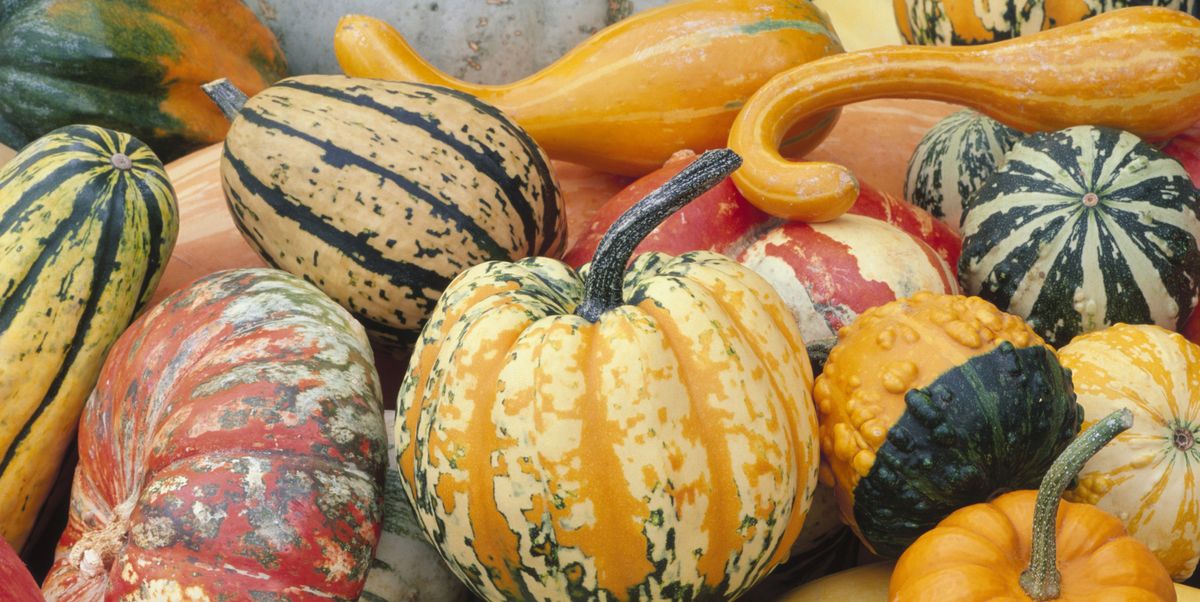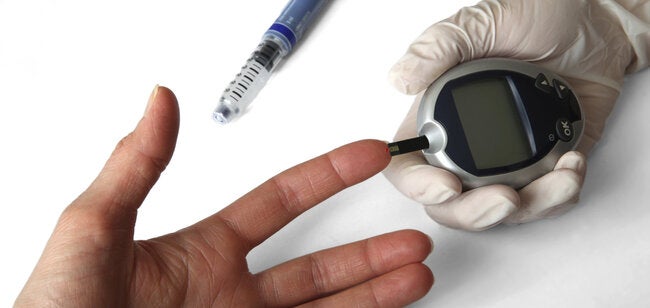.jpeg)
Tasty food is generally not healthy. So, finding a food item that is highly nutritious, tasty, and offers great health value is quite a feat. Squash is just that! They are low in calories and have antioxidant, anti-inflammatory, and anti-diabetic properties. Different types of squash, like butternut, spaghetti, pumpkin, and zucchini, are an integral part of a number of finger-licking exquisite dishes.
Read on to know about the health benefits of squash!
Even though most people identify squash with vegetables, botanically speaking, they’re fruits as they contain the seeds of the plant. Squashes belong to one of the four varieties of the Cucurbitaceae family of vegetables. It originated about 7500 years ago in Mexico and Central America.

Summer squashes, such as zucchini, globe squash, pattypan, and yellow crookneck squash, are quick-growing, small-fruited, bush varieties of Cucurbita pepo. The plants are upright and spreading, 45 to 75 cm (18 to 30 inches) high, and produce a variety of fruit forms, ranging from flattened, oblong elongated, and even crooked fruits!
Did You Know?
– Many squashes were grown as containers when they dried up.
– Florida is the biggest squash-producing state, followed by New York, California, and North Carolina.
– Native American tribes use squash seeds to get rid of parasites like tapeworm and roundworm.
– You can eat the entire squash plant such as the leaves, tendrils, shoots, stems, flowers, seeds, and fruit.
Squash Varieties
Summer squashes can come in a variety of colors. Their colors can range from white, cream, yellow, green, and even variegated! Fruit surfaces or contours may be scalloped, smooth, ridged, or warty. The fruits develop very rapidly, and harvesting should occur within a few days after they form (before the seeds and rinds harden). The rind is generally edible.
Winter squashes are vining, generally large-fruited, long-season plants, and you can store them for months by keeping them dry and well above their freezing point. Common winter squashes include the butternut squash, delicata, acorn, spaghetti squashes, buttercup squashes, and giant pumpkins. The rinds of winter squashes are relatively harder than those of summer squashes and are usually inedible.
Squash consists of various organic compounds, vitamins, and minerals, which are responsible for its impressive health benefits. It contains vitamin A as well as significant amounts of vitamin C, vitamin E, B vitamins, and folate. In terms of minerals, squash contains magnesium, potassium, manganese, copper, phosphorus, calcium, and iron. It is also a very good source of carotenoids and other important anti-inflammatory and antioxidant compounds.

Health Benefits Of Squash
Squash packs a serious punch in terms of health and medicinal benefits. Different varieties of squash have the ability to improve vision, aid in skin care, strengthen the immune system, build strong bones, and reduce the symptoms of insomnia. It also prevents inflammatory conditions, treats arthritis, eliminates ulcers, parasites, and infections, improves prostate health, protects against birth defects, boosts respiratory health, and reduces blood pressure.
Some of the health benefits of squash are as follows:
Fights Inflammation
Inflammation is a localized physical condition in which part of the body becomes red, hot, and often painful, especially as a reaction to injury or infection.
The anti-inflammatory activity of squash is due to the presence of omega-3 fatty acids and carotenoids like lutein, zeaxanthin, and beta-carotene.
The somewhat unusual anti-inflammatory polysaccharides called homogalacturonan also contribute to the overall anti-inflammatory properties of squash.
Boosts Immunity
Squash is an important source of vitamin C, magnesium, and other antioxidant compounds. These vitamins and minerals have important antioxidative roles in the body as they help to neutralize free radicals throughout the body.

Free radicals are the dangerous by-products of cellular metabolism. They can cause a wide variety of illnesses, including cancer, heart disease, and premature aging. Furthermore, squash contains high levels of vitamin A, including carotenoids like lutein and zeaxanthin, which help boost the body’s immunity.
Maintains Bone Health
The high levels of essential vitamins present in squash help in developing bone matter and bone mineral density. Squash also contains zinc, calcium, manganese, and other important trace elements, which help reduce the risk of osteoporosis. Additionally, these nutrients ensure the strength and durability of the bones.
Improves Vision
Consuming squash will give your body all the vitamin A and beta-carotene it requires. Beta-carotene is an antioxidant compound essential for good eye health. High levels of beta-carotene can help reduce the risk of macular degeneration, cataracts, glaucoma, and other vision issues.

Manages Diabetes
Certain types of squash contain good amounts of dietary fiber as well as the polysaccharide pectin. Pectin helps in blood sugar regulation throughout the body, ensuring that the insulin and glucose activities within the body remain constant and smooth. This ultimately results in a reduction in blood sugar fluctuations that can make a diabetic's life easier.

Supports Newborn Health
Squash has significant levels of folate, which is an essential vitamin for pregnant women. Folic acid or folate plays an integral role in developing the nervous system of the developing infant. Neural tube defects have been directly linked to a deficiency in folic acid. So adding squash to your pregnancy diet is always a good idea.

How can you Include Squash in your Diet?
When it comes to culinary applications, squash is extremely flexible and is commonly used in salads when fresh. You can bake it with meat by flattening it into patties, frying it, or adding it as a base flavor for soups. The seeds of squash are also edible, and you can use their oil for cooking purposes. You can also eat the shoots and tendrils of squashes as greens in a salad.

All squash varieties are great for pureeing, roasting, and baking. Once you cook or mash squash, you can use it in soups and curries, as well as in bread, muffins, custards, and pies.
Summer squash has a high water content, and hence it does best when cooked with dry-heat methods such as stir-frying, grilling, or sautéing to avoid the mush factor. But cooking by steaming, simmering in a sauce, baking, or deep-frying is also perfectly acceptable. You can roast, braise, steam, boil, microwave, or simmer winter squash.
Thus, there are several health benefits to squash. With its immense variety and numerous health benefits, squash is a must-have food in your diet. Which squash is your favorite? Let us know in the comments below.
Disclaimer: Squash fruits can lower blood pressure to a dangerous level, so people with hypotension should avoid consuming them.
Nutritional Information
100g of squash, all varieties, raw, winter provides 34 Calories, Carbs – 8.6g (Dietary Fiber – 1.5g, Sugar – 2.2g), Protein – 1g, Fat – 0.1g, Sodium – 4mg
And a percentage daily value of Vitamin A – 27%, Vitamin C – 20%, Iron – 3%, Calcium – 3% (based on a 2000-calorie diet).


.png)


